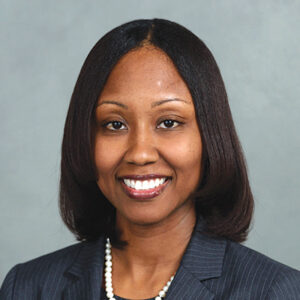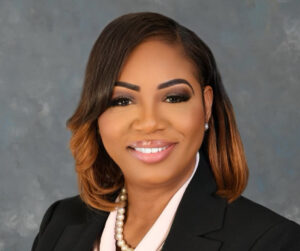 A bedrock and cornerstone principle of the Black community is the emphasis on educational excellence. We pride ourselves on obtaining degrees that will allow for upward mobility based upon our knowledge and skills, not handouts. That’s all we’ve ever expected. Historically, during the era of segregation, Black communities established their own schools to provide quality education and preserve cultural heritage. These institutions were often supported by local churches and community organizations, serving as centers for learning and empowerment. This legacy underscores the capacity and resilience of our community to create educational environments tailored to our needs. It is time to revisit this history.
A bedrock and cornerstone principle of the Black community is the emphasis on educational excellence. We pride ourselves on obtaining degrees that will allow for upward mobility based upon our knowledge and skills, not handouts. That’s all we’ve ever expected. Historically, during the era of segregation, Black communities established their own schools to provide quality education and preserve cultural heritage. These institutions were often supported by local churches and community organizations, serving as centers for learning and empowerment. This legacy underscores the capacity and resilience of our community to create educational environments tailored to our needs. It is time to revisit this history.
In the face of mounting challenges to educational integrity, particularly concerning the accurate portrayal of Black history in Florida, there is a pressing need for us to be proactive. The recent expansion of Florida’s school voucher program, which now allows all K-12 students to receive taxpayer-funded scholarships for private education regardless of income, has raised concerns about the potential diversion of funds from public schools and the implications for curriculum content.
As of the 2024–25 fiscal year, Florida has allocated approximately $3.9 billion to its school voucher programs. This funding includes $2.8 billion from the Florida Education Finance Program (FEFP) and an additional $1.1 billion approved for tax credit scholarships by the Department of Revenue. This infusion of funding cannot be ignored, and we have to start our own schools in order to take advantage of the opportunity to create the next generation of leaders in our community. The changes present a business opportunity that we cannot afford to miss.
Other cultural and religious groups have successfully established their own educational institutions to maintain their heritage and values. For instance, Jewish communities have long supported a network of day schools that integrate religious studies with general education. Similarly, Catholic and other faith-based schools have provided alternatives that align with their religious teachings. These models demonstrate the feasibility and benefits of community-driven education.
Given the current educational landscape in Florida, where public funding is increasingly directed toward private institutions, there is an opportunity for Black churches and community leaders to establish schools that reflect and uphold the true history and experiences of African Americans. By doing so, they can ensure that future generations receive an education that is both accurate and affirming.
However, we cannot forget about the students in our public schools. Several successful models exist that highlight partnerships that enhance the traditional structure. For example, the B.E.S.T. Academy (Business, Engineering, Science, and Technology Academy) is a public all-male school in Atlanta, Georgia, serving grades 6 through 12. The academy operates in partnership with the 100 Black Men of Atlanta which provides mentorship, leadership development, and academic support to its students, where 95% of the students go on to attend college. Urban Prep Academies, public charter schools, have celebrated 100% college acceptance for its all Black male school for 13 consecutive years. We need more of these options.
In light of the challenges posed by recent educational policies in Florida, it is imperative for Black communities to take proactive steps in shaping their educational futures. By drawing inspiration from historical precedents and other community models, and by leveraging available resources, we can establish schools that not only educate but also empower.






